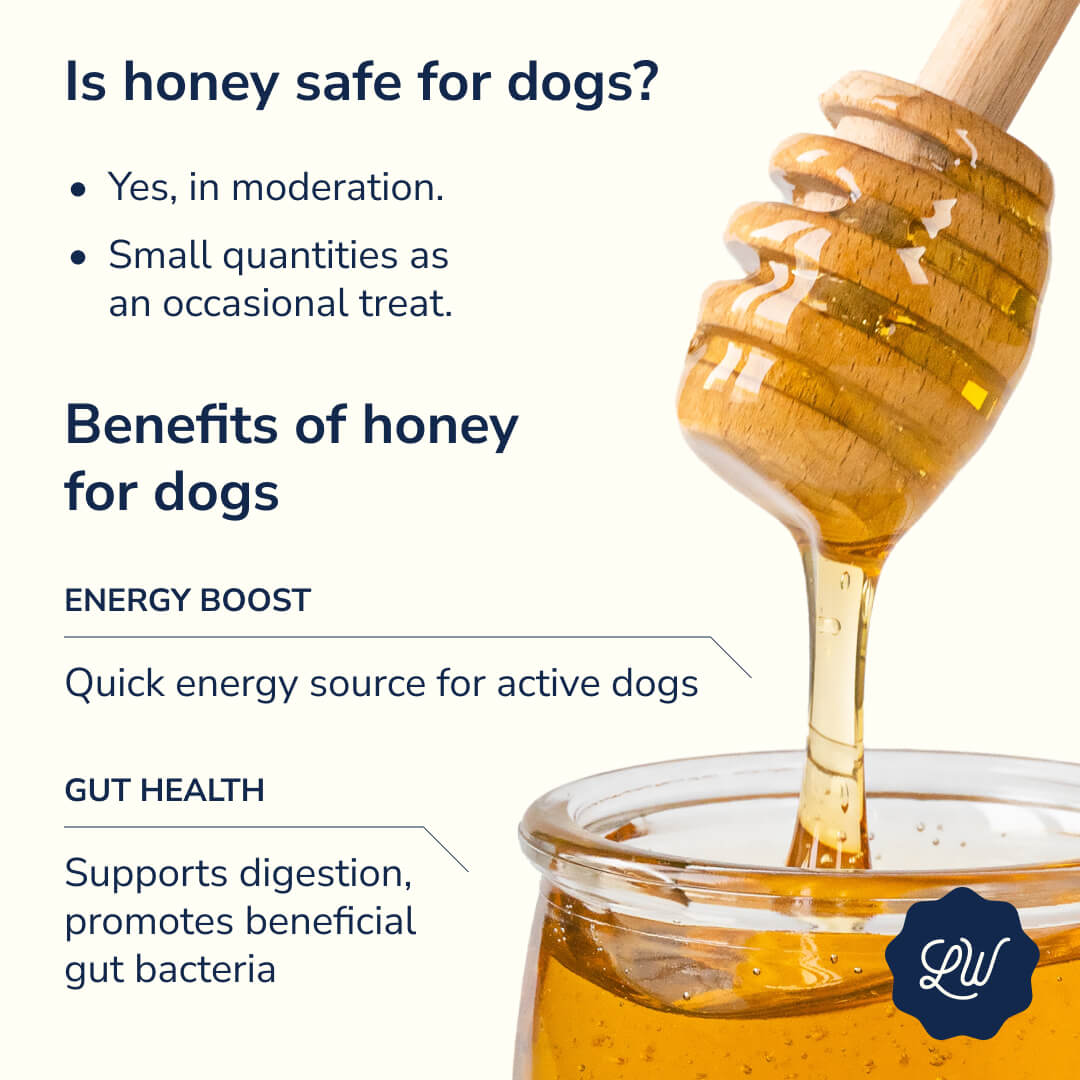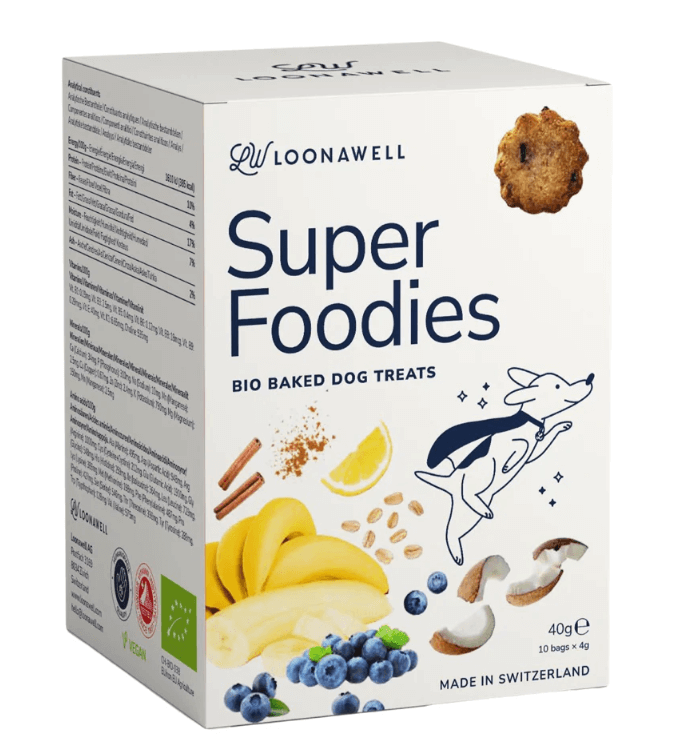Honey, a delectable and versatile natural sweetener, has been cherished by humans for centuries. From its ancient origins as a medicinal remedy to its modern-day culinary applications, honey holds a special place in our hearts and pantries. But what about honey for dogs? Can we share this golden goodness with our furry friends? In this article, we'll explore the suitability of honey for dogs, its nutritional properties, potential benefits, and alternatives if it's not the best choice for your furry best friend.
What is Honey?
Honey is a sweet, viscous liquid produced by honeybees from the nectar of flowers. These industrious insects collect nectar using their long, tube-like tongues and store it in their honey stomachs. Once back at the hive, the bees regurgitate the nectar and enzymes break it down into simple sugars. Through a process of evaporation and enzymatic activity, the water content of the nectar is reduced, resulting in the thick, syrupy substance we know as honey.
Human Uses of Honey
In human nutrition, honey is valued not only for its sweetness but also for its purported health benefits. It's used as a natural sweetener in various culinary dishes, beverages, and desserts. Additionally, honey has been utilized in traditional medicine for its potential antibacterial, anti-inflammatory, and wound-healing properties.
Nutritional Properties of Honey:
Honey is primarily composed of carbohydrates, with fructose and glucose being the main sugars present. It also contains trace amounts of vitamins, minerals, antioxidants, and enzymes. While honey does provide some nutrients, it is high in calories and should be consumed in moderation.
Is Honey Safe for Dogs?
Many dog owners wonder whether honey is safe for their furry friends. The good news is that, in moderation, honey can be a safe and beneficial addition to your dog's diet. It's important to note, however, that honey should only be given to dogs in small quantities and as an occasional treat.

Benefits of Honey for Dogs:
• Energy Boost: The natural sugars in honey can provide a quick energy boost for dogs, making it a great choice for active or working dogs.
• Gut Health: The natural enzymes and prebiotics present in honey can support digestive health and promote the growth of beneficial gut bacteria. This can help maintain a healthy balance of microorganisms in the digestive tract and support optimal nutrient absorption.
Although you might find articles claiming that honey for dogs can reduce inflammation, cure allergies, and soothe stomach ulcers and sore throats, there is no scientific evidence supporting these claims.
But if sugar is so bad for dogs, how is honey beneficial?
The answer lies in the fact that not all sugars are created equal. 4 main aspects differentiate honey from processed sugars:
-
Complexity of Sugars: Honey primarily consists of natural sugars, namely fructose and glucose, which are complex carbohydrates. These sugars are bound together with other compounds in honey, such as water, enzymes, and antioxidants. In contrast, refined sugars found in many processed foods are often stripped of their natural components during manufacturing, leaving behind simple sugars devoid of fiber, vitamins, and minerals.
-
Rate of Absorption: The complex sugars in honey are digested and absorbed more slowly by the body compared to refined sugars. This slower absorption rate of honey helps prevent rapid spikes in blood sugar levels, which can strain the pancreas and lead to insulin resistance over time. In contrast, refined sugars are rapidly absorbed, causing a sudden surge in blood glucose levels followed by a subsequent crash, which can contribute to metabolic imbalances and energy fluctuations in dogs.
-
Nutritional Content: Honey contains trace amounts of vitamins, minerals, and antioxidants, which provide additional nutritional value beyond just carbohydrates. While these nutrients may be present in small quantities, they can still contribute to overall health and well-being. Refined sugars, on the other hand, offer little to no nutritional benefit and may even deplete the body of essential nutrients as they are metabolized.
-
Gut Health: As we’ve pointed out earlier, honey can promote gut health, while in contrast, refined sugars may disrupt gut flora and contribute to gastrointestinal issues such as bloating, gas, and diarrhea in some dogs.
How Much Honey Can Dogs Eat?
When offering honey to your dog, it's essential to do so in moderation. Too much honey can lead to weight gain and digestive upset. As a general guideline, one coffee spoon of honey for small dogs and one teaspoon for medium to large dogs can be given occasionally. Be sure to monitor your dog for any signs of allergies or other adverse reactions, such as diarrhea or vomiting, and consult your veterinarian if you have any concerns.

In conclusion, honey for dogs can be a safe and healthy treat with careful consideration and moderation, you can safely share the sweetness of honey with your beloved canine companion.
 Looking for something sweet and safe to share with your dog? Our Super Foodies organic dog treats combine the sweetness of organic blueberries, bananas, and coconut to make a yummy, healthy treat your dog can indulge in with peace of mind.
Looking for something sweet and safe to share with your dog? Our Super Foodies organic dog treats combine the sweetness of organic blueberries, bananas, and coconut to make a yummy, healthy treat your dog can indulge in with peace of mind.




